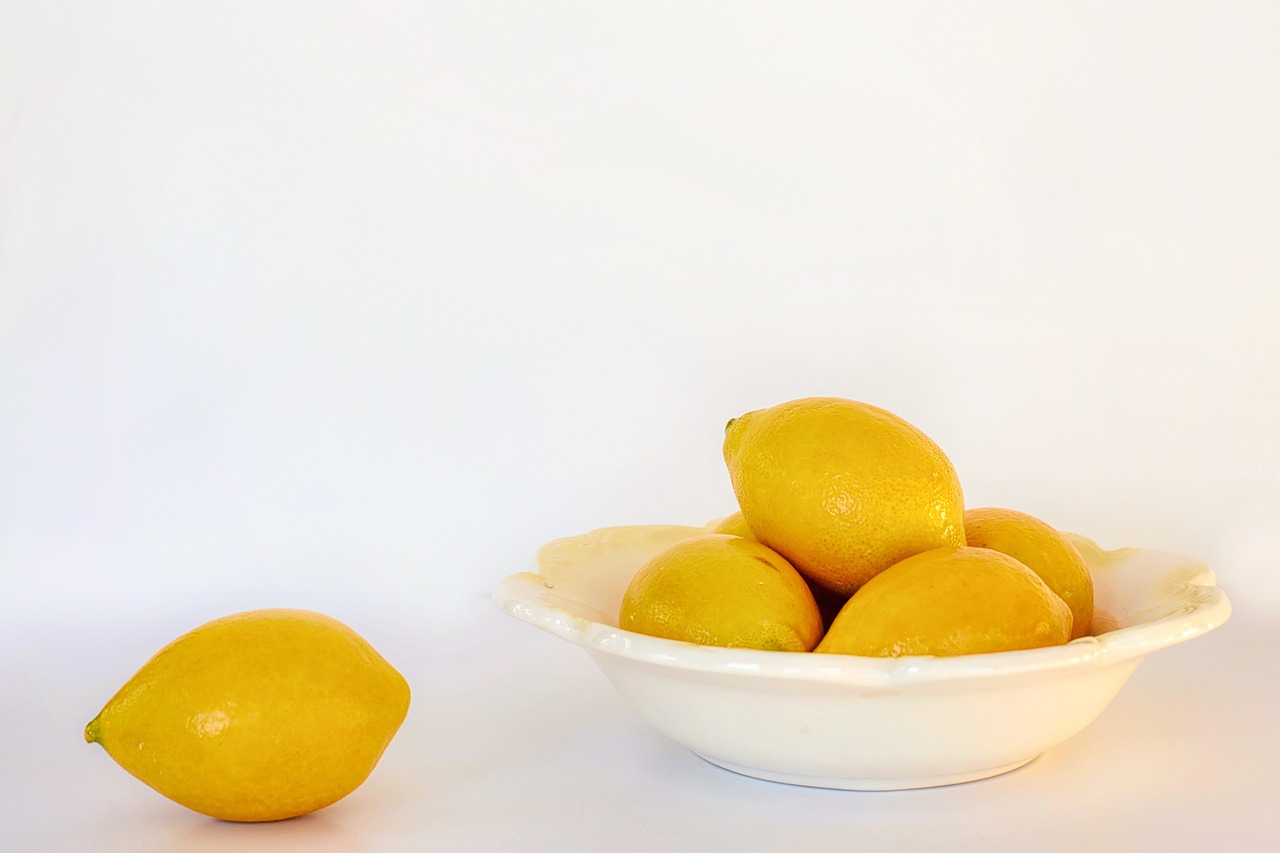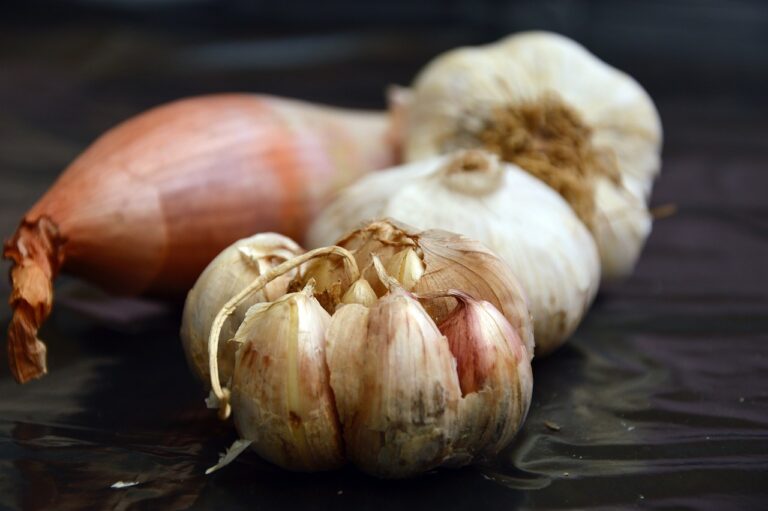The Role of Barley Varieties in Beer Flavor
99 exchange, laser247, world 777 betting:Barley is a key ingredient in beer brewing, playing a significant role in determining the flavor profile of the final product. Different barley varieties can bring a range of unique characteristics to a beer, contributing to its overall taste, aroma, and mouthfeel. In this article, we will delve into the world of barley varieties and explore how they influence beer flavor.
Understanding Barley Varieties
Barley is a cereal grain that belongs to the grass family. It is one of the primary grains used in brewing beer, alongside malted barley, water, hops, and yeast. Barley comes in various varieties, each with its own distinct attributes that can impact the brewing process and the final product.
Two common barley varieties used in brewing are two-row barley and six-row barley. Two-row barley has a lower protein content and larger kernels, making it ideal for producing beers with a smoother, more balanced flavor profile. Six-row barley, on the other hand, has a higher protein content and smaller kernels, leading to a more robust and complex flavor in the finished beer.
The Role of Barley Varieties in Beer Flavor
The barley variety used in brewing can have a significant impact on the flavor of the beer. Different barley varieties contain varying levels of enzymes, proteins, and sugars, all of which can influence the fermentation process and the final taste of the beer.
Barley varieties with higher enzyme content, such as two-row barley, can help convert starches into fermentable sugars more efficiently, resulting in a higher alcohol content and a cleaner, crisper finish. On the other hand, barley varieties with higher protein content, like six-row barley, can contribute to a fuller body and a richer mouthfeel in the beer.
In addition to enzymes and proteins, barley varieties also contain different levels of flavor compounds that can affect the aroma and taste of the beer. For example, some barley varieties may impart nutty or toasty notes, while others may bring subtle hints of caramel or biscuit. Brewers can choose barley varieties based on their desired flavor profile, whether it be a light and refreshing lager or a bold and hearty stout.
Experimenting with Barley Varieties
Brewers are constantly experimenting with different barley varieties to create unique and innovative flavor profiles in their beers. By selecting specific barley varieties and adjusting brewing techniques, brewers can tailor the taste, aroma, and mouthfeel of their beers to suit their creative vision.
Some brewers may choose to blend multiple barley varieties to achieve a balance of flavors and textures, while others may focus on showcasing the distinctive characteristics of a single variety. With a wide range of barley varieties available, brewers have endless opportunities to explore and push the boundaries of beer flavor.
FAQs
Q: Can barley varieties impact the color of beer?
A: Yes, barley varieties can influence the color of beer. Some barley varieties contain higher levels of pigments that can contribute to the beer’s hue, ranging from pale gold to deep amber or even dark brown.
Q: Are certain barley varieties better suited for specific beer styles?
A: Yes, certain barley varieties are traditionally used in specific beer styles due to their flavor profiles and characteristics. For example, two-row barley is commonly used in lighter, more delicate beers like pilsners and pale ales, while six-row barley is often found in heartier styles like porters and stouts.
Q: Can climate and soil conditions impact barley flavor?
A: Yes, climate and soil conditions can affect the flavor of barley. Barley grown in different regions may absorb unique minerals and nutrients from the soil, resulting in subtle differences in flavor. Climate conditions, such as temperature and rainfall, can also influence the barley’s growth and composition.
In conclusion, the role of barley varieties in beer flavor is a crucial aspect of the brewing process. By selecting the right barley variety and understanding its unique characteristics, brewers can craft beers with distinct and memorable flavor profiles. Experimenting with different barley varieties allows brewers to showcase their creativity and innovation, pushing the boundaries of what beer can be. Cheers to the diverse world of barley and the endless possibilities it holds for beer enthusiasts everywhere.







